Search by map
 検索中
検索中
6 pages found.
RAKUNYU-GAMA
Atelier visitWorkshopShopping
Show details
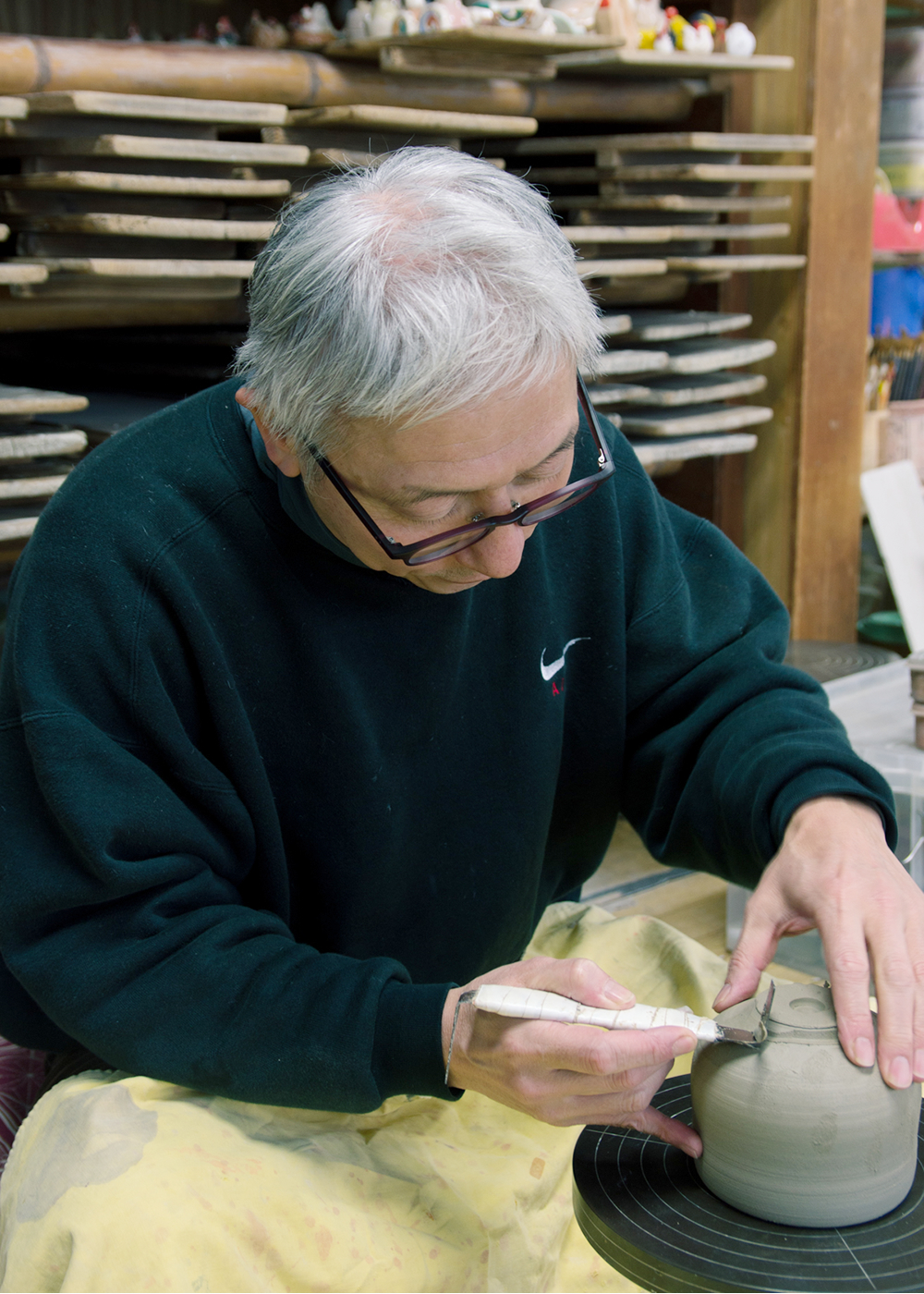
| Holiday | Open year-round |
|---|---|
| Business hours | 9:00~17:00 |
| Workshop info | The warm simplicity of Raku ware pottery |
NAKAMURA ROSOKU
Atelier visitWorkshopShopping
Show details
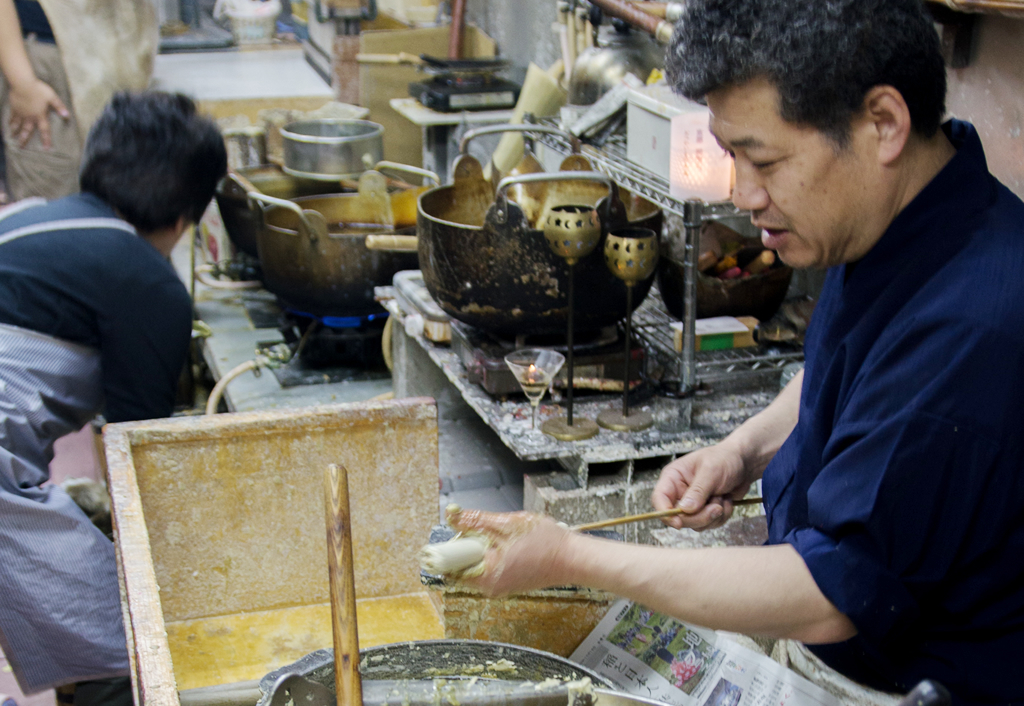
| Holiday | Sundays & public holidays; also every 2nd & 4th Saturday from January to September |
|---|---|
| Business hours | 9:00~17:30 |
| Workshop info | Delicate handmade candlelight |
KOSHUN-GAMA : KOSHUN TOHEN
Atelier visitWorkshopShopping
Show details
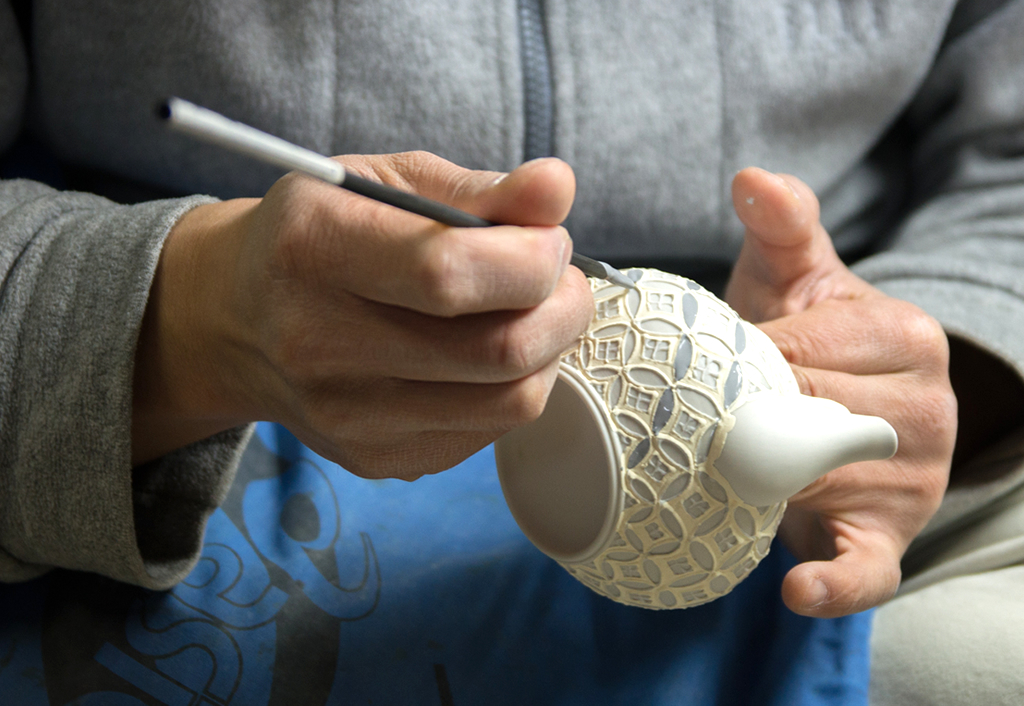
| Holiday | Sundays & public holidays (inquire in advance) |
|---|---|
| Business hours | 9:00~17:00 |
| Workshop info | The appeal of bright-coloured Cochin ware |
SHUNZAN-GAMA
Atelier visitWorkshopShopping
Show details
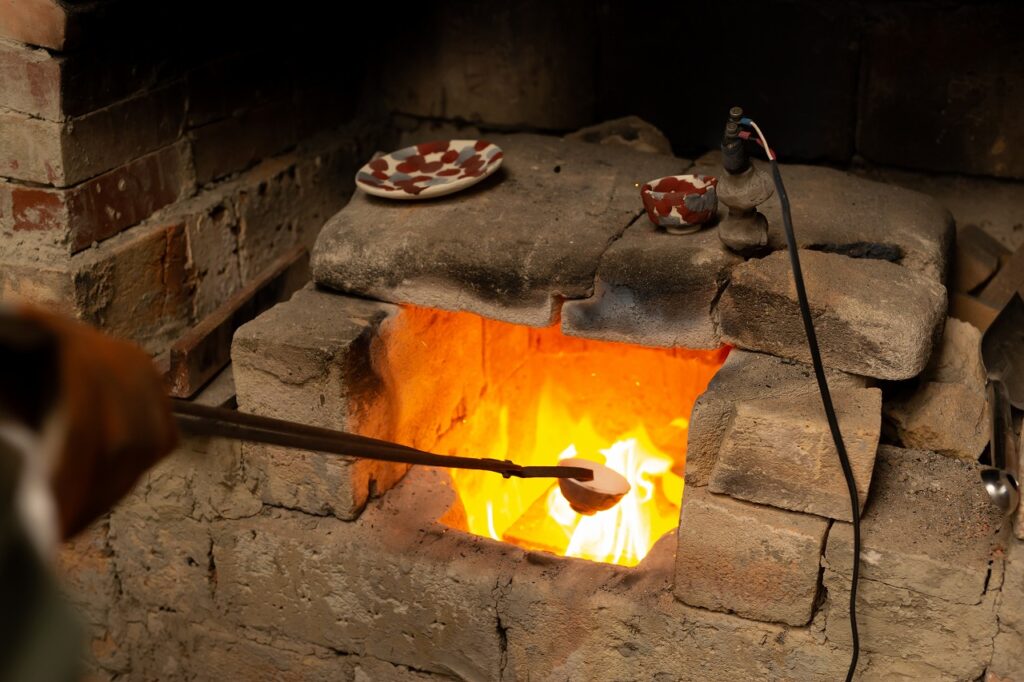
| Holiday | Saturdays, Sundays & public holidays |
|---|---|
| Business hours | 9:00~18:00 |
| Workshop info | The inherited techniques of Kyoto-style pottery |
NISHIKAWA PAPER INDUSTRY
Atelier visitWorkshop
Show details
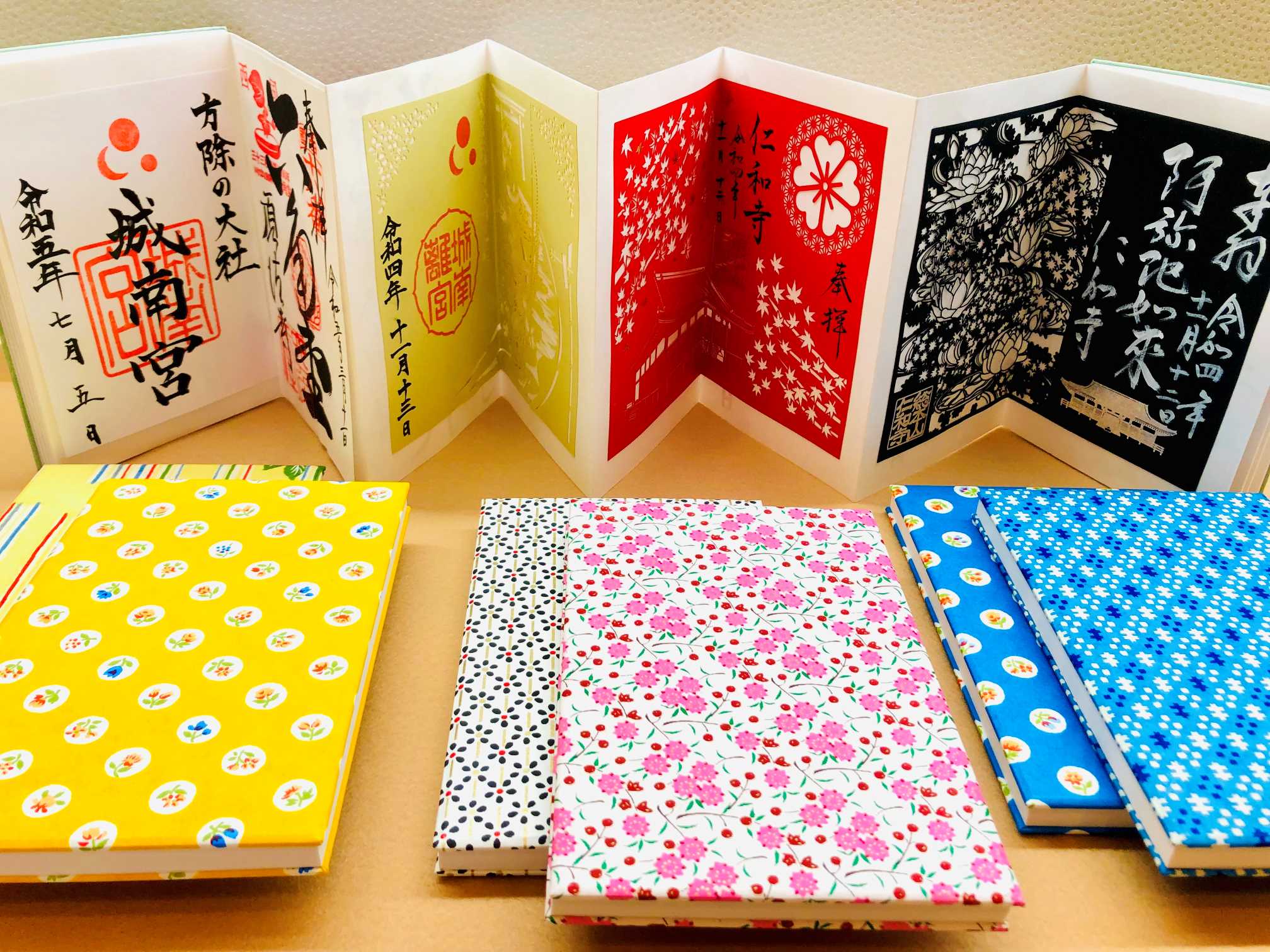
| Holiday | 土曜日・日曜日・祝日 |
|---|---|
| Business hours | 10:00~17:00 |
| Workshop info | Our company is a group of paper processing professionals who have been involved in the paper industry for nearly 100 years. |
Asada Kawara Factory
Workshop
Show details
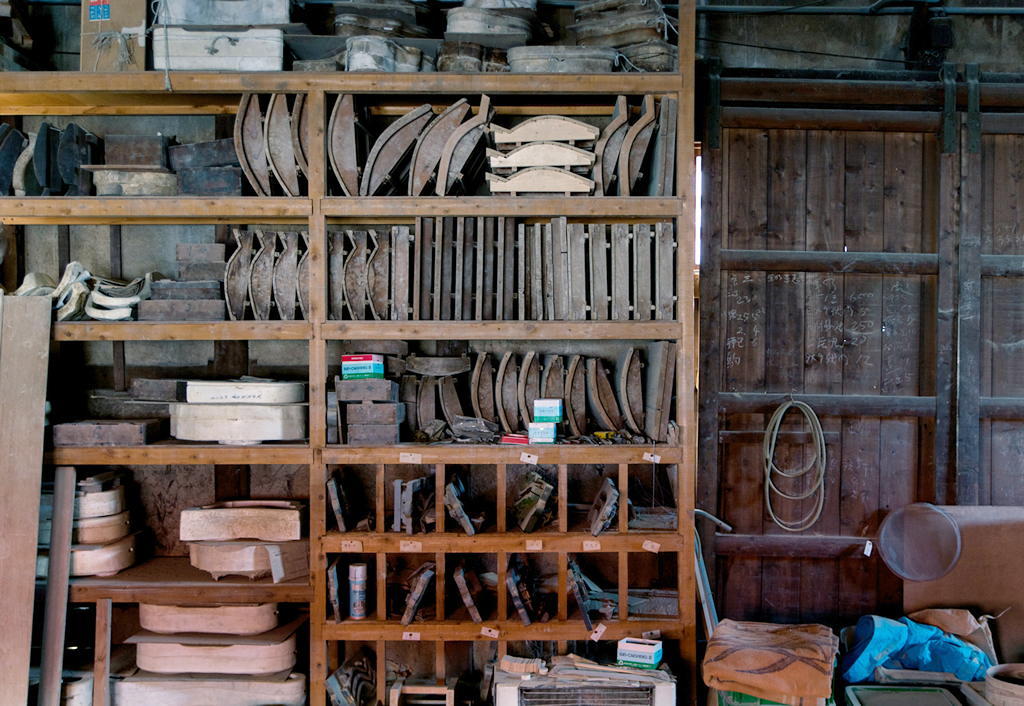
| Holiday | Saturdays, Sundays & public holidays |
|---|---|
| Business hours | 9:30~18:00 |
| Workshop info | Silvery gloss created by careful polishing |




